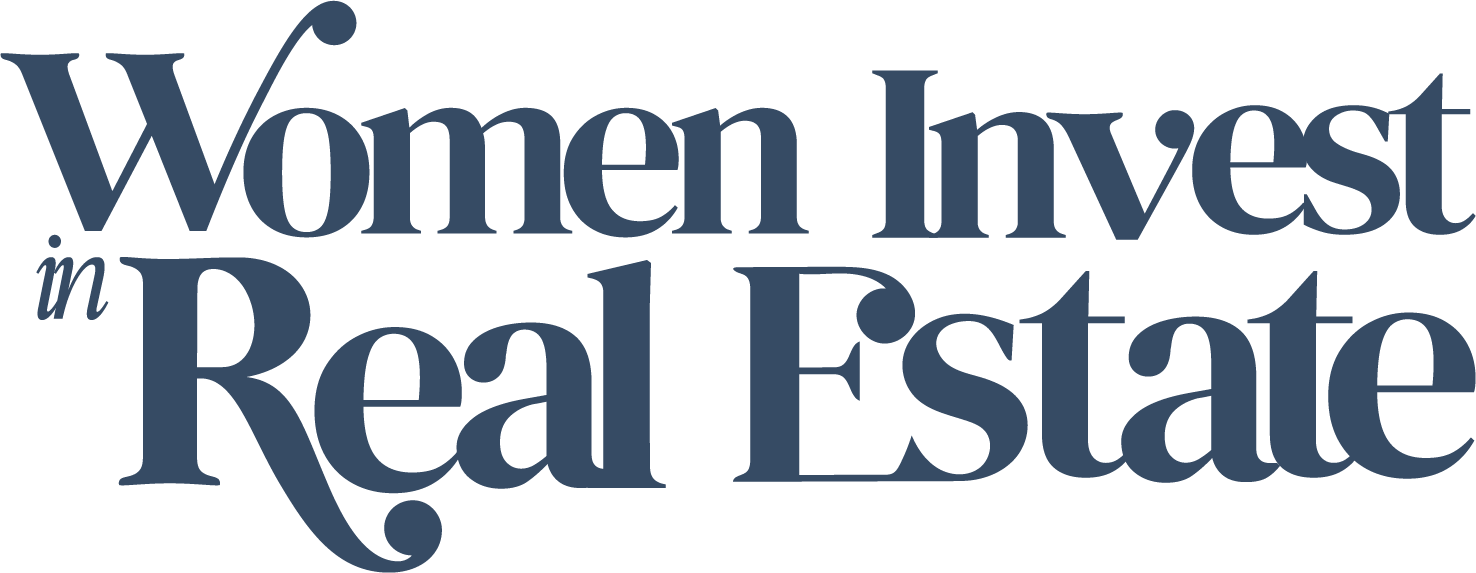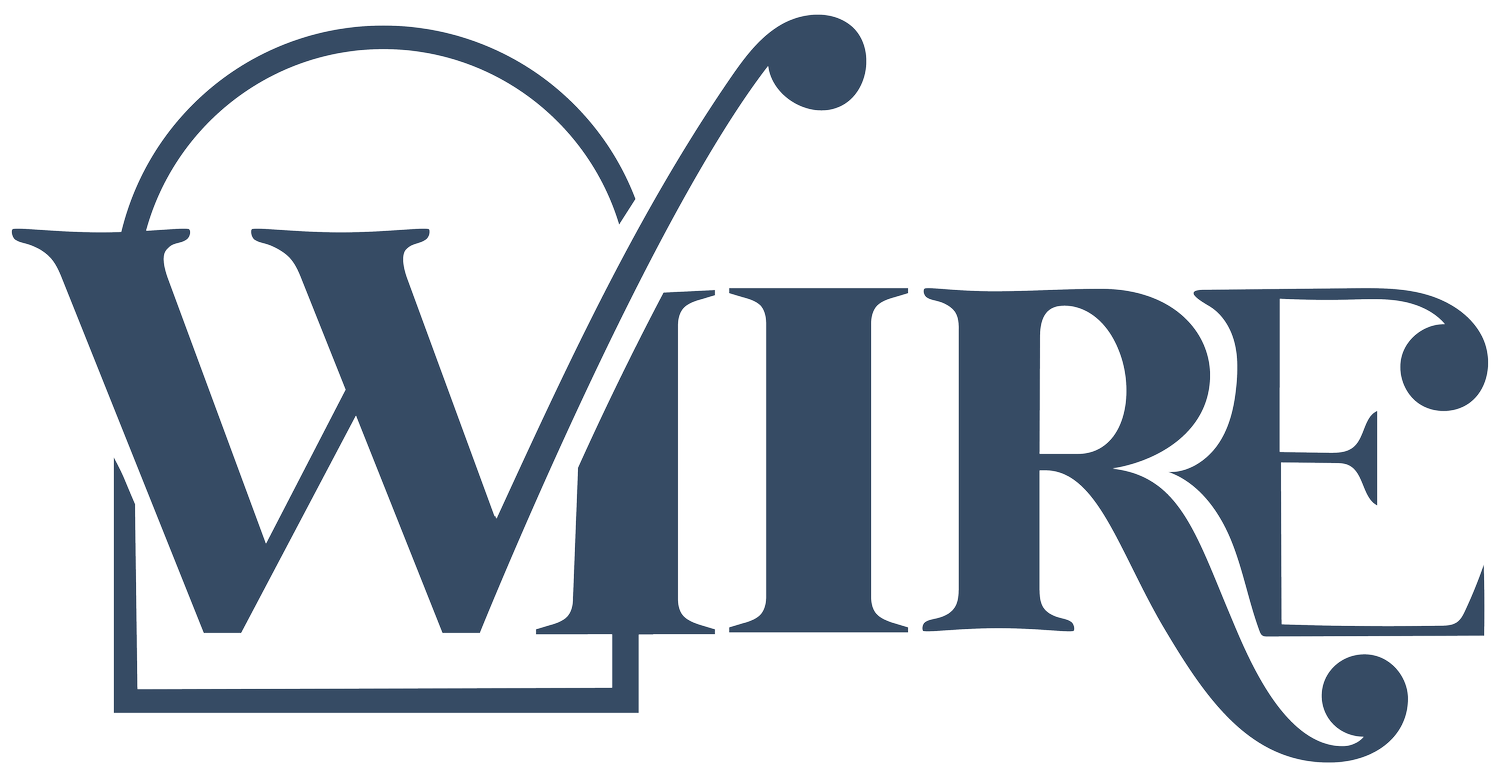How to manage & train your tenants
We love self management because you can have better quality control, increase your profitability and still minimize your time. But in order to have this you need to train your tenants to use your property management platform, create strong boundaries and start a Standard Operating Procedure for your business. Let’s take a look at how to do this!
If you know us (Amelia and Grace) then you know that we are huge fans of self managing your properties (until you get to where you can hire your own internal employee). Between the two of us we have over 50 doors that we self manage ourselves. The biggest advantages we see when it comes to self management is essentially that you get to increase the quality of your product (your rental) and your client (the tenant) while also increasing your profitability.
Most property management companies take between 8-12% of your monthly rental income. It’s pretty typical for investors to use 10% for a property management fee when analyzing a real estate property. However once you account for other fees (leasing fee, turnover fee, set-up fee, etc) a smart investor should really account for closer to 12% for a total property management fee. The other thing to note is that this is NOT 12% of your profit. This is 12% of your overall rental income.
So on a property that rents for $1,000 you would pay around $120 for management and only cash flow $100 after your reserves. This means that by managing yourself, you could double your cash flow from $100 to $220! That is a very quick way to increase your profitability.
But that is not the only reason we like to self manage. In fact, that’s not even the main reason we like to self-manage. At the end of the day, no one is going to take care of your property like you would. Only you know what is best for your properties and tenants. Not to mention that property management companies typically manage hundreds of properties in order to make a profit because they operate on razor thin margins. This means that your property is just one of hundreds and likely won’t be managed as effectively and efficiently as it could be.
If you like the sound of this but you’re wondering to yourself “Isn’t that just adding another job for myself?!” then you could do what Grace does. She hired an internal property manager. AKA this person works directly for Grace and no one else. She works hourly and only as needed. This means Grace gets to outsource the management yet still keep quality control. The best part is that she pays about one fifth of what she would to another management firm.
Okay, but what about training your tenants?
Yes, let’s get to it! If we have convinced you to self manage you are going to want to hear what we have to say next. Here are our best tips and tricks to manage your properties efficiently. One of the biggest things it comes down to is training your tenants!
#1 Get Setup On A Property Management Software
This will make your life so much easier in the long run. Using a property management tool will allow you to house all of your tenant communication, collect rent, get leases signed, keep everything organized and in one place and so much more. TurboTenant has an excellent free version we recommend checking out. This is the exact software that both Grace and Amelia use for their businesses.
When you use a PM software to its full potential you are training your tenants on how to pay rent, when to pay rent, how to communicate with you and when to communicate with you. This creates a system for you so that you manage all tenants the same way with the same system. For example, late fees are automatically applied to rent, so you don't even have to think about applying them when rent is past due. There is no emotional decision over whether you should charge your new tenant with late fees their first month renting for you. Because it comes from the software, and not you, it keeps both you and the tenant accountable.
Let’s think about it this way. Imagine you have no PM software. One tenant likes to call you with a maintenance issue, the other typically send an email. Yet a third will text your work number. That is not a system! By getting everyone onboarded to a software this makes sure that everything gets handled the same way (for example tenants always submit maintenance requests with photos in the maintenance request manager). Trust us, this makes your life a lot easier. Nothing will fall through the cracks like it used to and tenants will stop calling your cell phone at 8 PM on a Friday when the wifi is out.
#2 Set Strong Boundaries
This might seem silly but it is super important. No matter if you have one tenant or one hundred you should absolutely have business hours. Business hours train your tenants when to reach out to you and let them know when you will get back to them. Here is how you train your tenants to know that you are closed on the weekends except for emergencies. If someone reaches out via your PM software (hopefully you are all set up on one!) you wait until Monday morning to reply.
When you do you could say, “Hi X, our office is open Monday-Friday 8AM-5 PM except for emergencies so I am just seeing this request. I will make sure someone from our maintenance team replies to you in the next 24 hours.” This lets them know that they likely won’t hear back on the weekends about minor issue or questions. After all, not all businesses can be open 24/7 so that probably makes sense to them. Even if you only have a few properties, your tenants do not know that. For all they know you have 4 different office employees and manage 100+ rentals. If you treat it like a large business they will too. But the same goes as the other way around. If you treat yourself like a mom and pop business they will too, and they will call you on the weekends, and expect to hear back from you.
#3 Create Standard Operating Procedures
This comes down to setting your systems and boundaries and sticking to them. Whenever you’re about to make an emotional decision, stop and create a policy to answer that decision.
Typically business owners will call this list of polices and systems a Standard Operating Procedure (SOP). This is essentially a manual for how to do a specific thing in your business (like manage your rental properties). By creating a standardized procedure, you can ensure that tasks are completed in the same way every time, regardless of who is doing them.
SOPs can help streamline operations and increase efficiency. By following a set process, you can eliminate redundant steps and minimize errors, which can save time and resources. They can also be used as a training tool for new employees, making it easier to onboard them and get them up to speed quickly. SOPs also provide a clear roadmap for employees to follow, which can help them perform their duties effectively and efficiently. This means less decision making for you and it will be easier for you to hire your own PM when the time comes.
With an SOP you can stop making one off decisions, emotional decision, and exceptions. This will ensure you treat all of your tenants equally which means a smooth running business for you.
When it comes to training and managing your own tenants you must do these three things. Thanks for reading and we wish you luck with managing your properties. If we can do it, so can you!
Resources:
Use TurboTenant for your REI business
Grab your Early Bird tickets to join us at our Virtual Summit May 17 & 18
Leave us a review on Apple Podcasts
Leave us a review on Spotify
Join our private Facebook Community
Connect with us on Instagram

